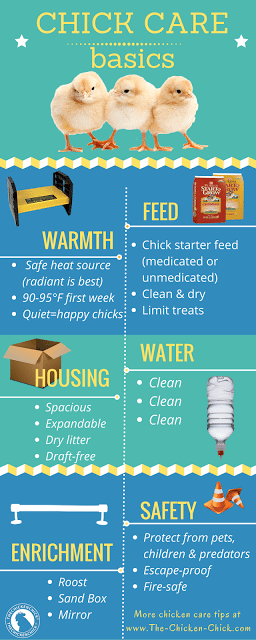
A Comprehensive Guide to Nurturing Baby Chickens: Essential Care and Considerations
Introduction
Baby chickens, also known as chicks, are adorable and delicate creatures that require specialized care to thrive. Whether you’re a seasoned poultry enthusiast or a first-time chicken owner, understanding their unique needs is crucial for their well-being. This comprehensive guide will provide you with all the essential information you need to ensure your baby chickens grow into healthy and productive adults.
Housing and Environment
- Brooder: For the first few weeks of life, chicks require a warm and draft-free environment. A brooder, which can be purchased or constructed, provides a controlled space where they can stay comfortable and protected.
- Temperature: Chicks need a consistent temperature of around 95°F (35°C) during the first week of life. Gradually reduce the temperature by 5°F (3°C) each week until they reach 70°F (21°C).
- Ventilation: Adequate ventilation is essential to prevent ammonia buildup and respiratory problems. Ensure the brooder has ventilation holes or a fan to circulate fresh air.
- Bedding: Use soft and absorbent bedding materials such as pine shavings, shredded paper, or straw. Replace bedding regularly to maintain hygiene.
Nutrition and Feeding
- Starter Feed: Chicks require a specialized starter feed that is high in protein and nutrients. Feed them ad libitum (as much as they want) for the first 6-8 weeks of life.
- Water: Provide fresh, clean water at all times. Use a shallow waterer or nipple drinkers to prevent drowning.
- Grit: Provide grit or small stones to aid in digestion. This helps them grind down their food and extract nutrients.
Health and Hygiene
- Vaccinations: Consult with a veterinarian to determine the necessary vaccinations for your chicks based on your location and disease risks.
- Parasite Control: Regularly check for external parasites such as mites and lice. Treat infestations promptly with appropriate medications.
- Hygiene: Keep the brooder and surroundings clean to prevent disease. Disinfect surfaces regularly and remove soiled bedding promptly.
Growth and Development
- Growth Rate: Chicks grow rapidly during the first few weeks of life. Monitor their weight and adjust their feed intake accordingly.
- Feathering: Chicks start developing feathers around 2-3 weeks of age. Provide a dust bath area where they can preen and keep their feathers clean.
- Socialization: Chicks are social animals and benefit from being raised with other chicks. Introduce them gradually to prevent aggression.
Outdoor Access
- Age: Chicks can be introduced to the outdoors once they are fully feathered and have developed some immunity, typically around 6-8 weeks of age.
- Gradual Introduction: Start by letting them out for short periods in a secure area. Gradually increase the duration and frequency of outdoor access.
- Supervision: Supervise chicks closely when they are outdoors to protect them from predators and other hazards.
Common Health Issues
- Pasty Butt: A condition where feces stick to the chick’s vent, causing discomfort and potential infection. Treat by gently removing the feces and cleaning the area.
- Coccidiosis: A parasitic infection that can cause diarrhea and weight loss. Consult with a veterinarian for treatment options.
- Marek’s Disease: A viral infection that can lead to tumors and paralysis. Vaccination is recommended to prevent this disease.
Troubleshooting
- Weak or Lethargic Chicks: Check for signs of illness, such as discharge from the eyes or nose. Consult with a veterinarian promptly.
- Feather Plucking: Can be a sign of stress or boredom. Provide enrichment activities and ensure the chicks have adequate space and socialization.
- Pecking: Chicks may peck at each other’s feathers or toes. Provide plenty of food and water to reduce competition and ensure they have enough space to move around.
Additional Tips
- Handle with Care: Chicks are fragile creatures. Handle them gently and support their bodies when picking them up.
- Observe Regularly: Monitor your chicks daily for any signs of illness or distress. Early detection and intervention can improve their chances of survival.
- Provide Enrichment: Offer toys, perches, and other enrichment activities to keep chicks entertained and stimulated.
- Be Patient: Raising baby chickens requires patience and attention to detail. Don’t get discouraged if you encounter challenges along the way.
Conclusion
Caring for baby chickens is a rewarding experience that requires dedication and knowledge. By following the guidelines outlined in this comprehensive guide, you can provide your chicks with the optimal environment, nutrition, and care they need to thrive. Remember to observe them regularly, address any health concerns promptly, and enjoy the joy of watching these adorable creatures grow into healthy and productive adults.
